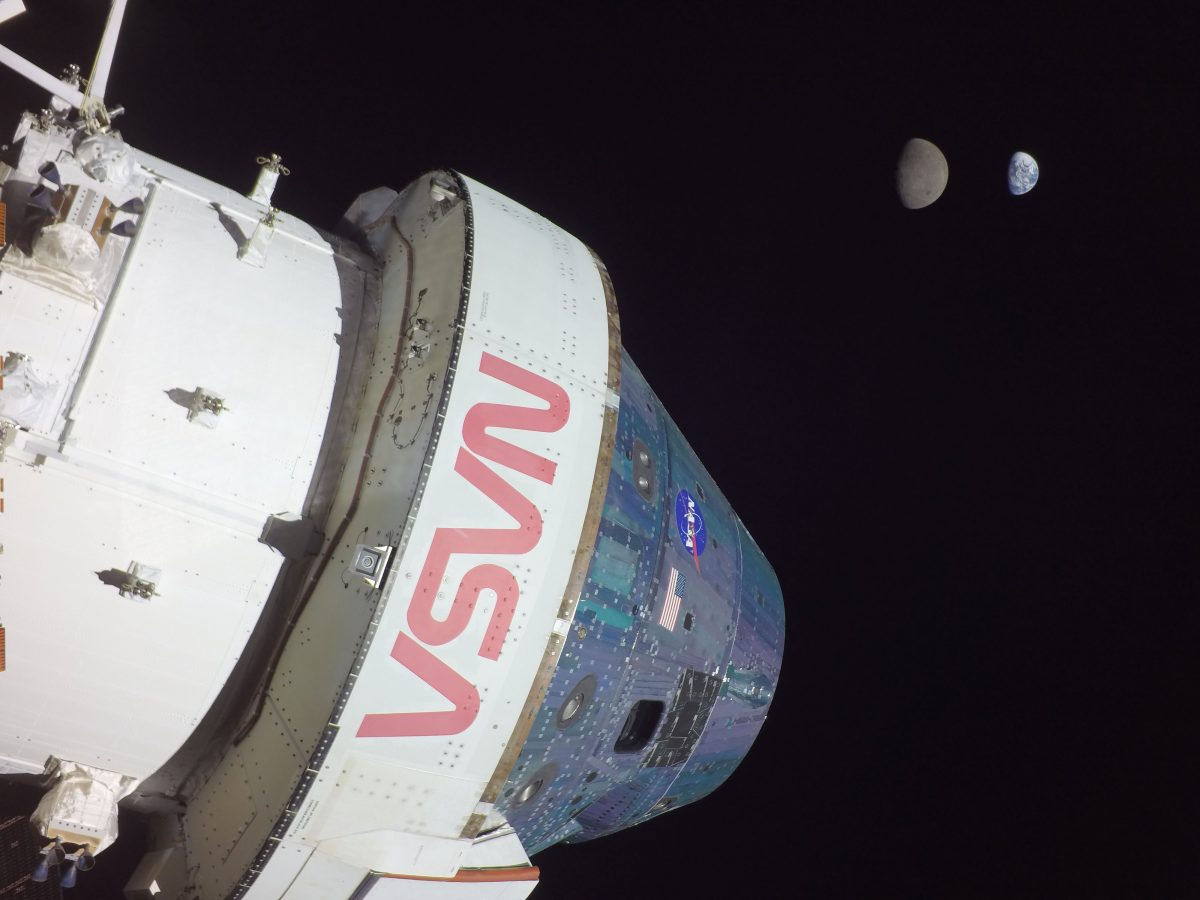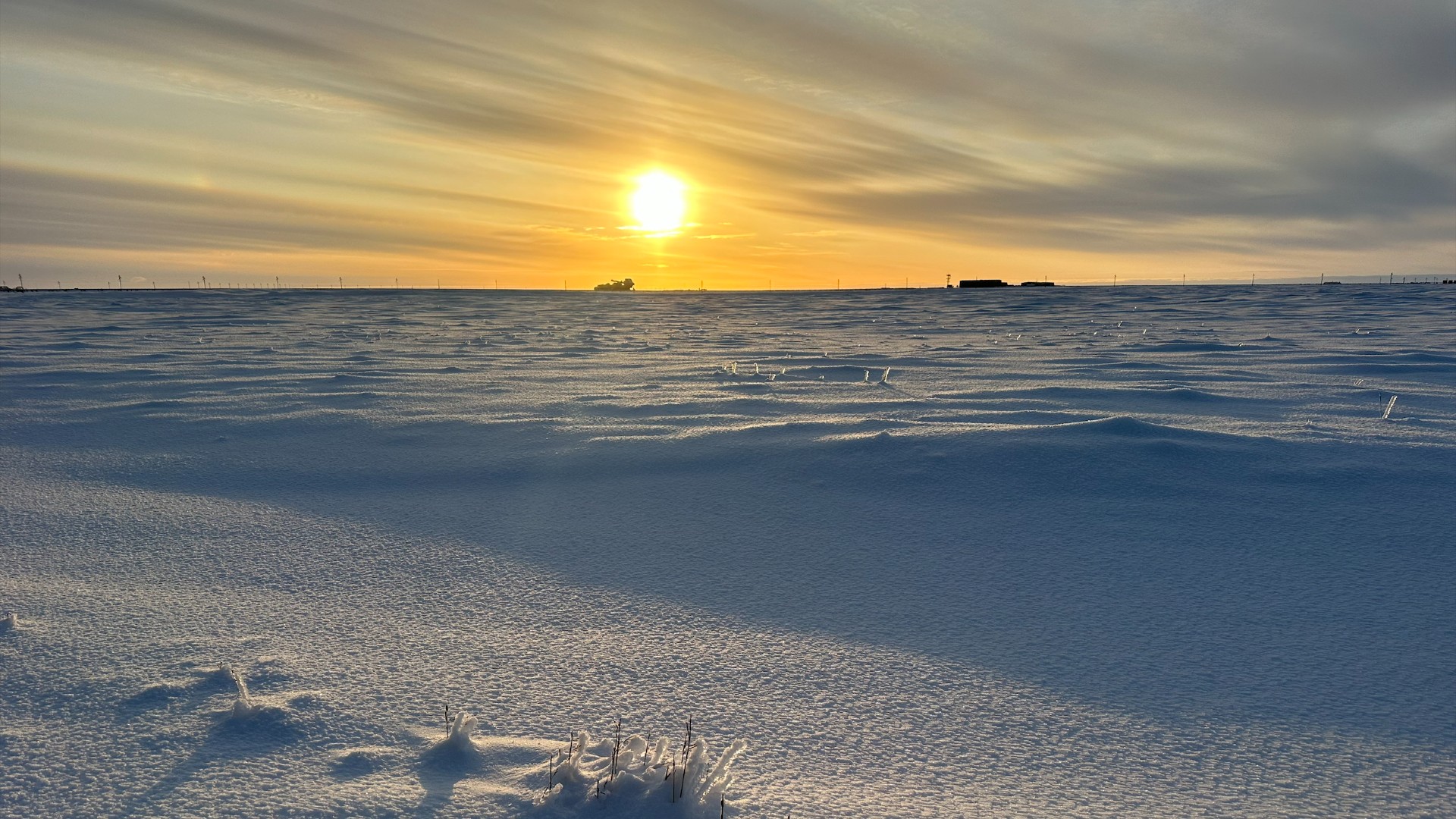NASA's Artemis 1 moon mission is going so well that engineers added more Orion tests (video)
Next up is Artemis 2 in 2024, if all goes to plan.
Artemis 1 is almost home, and NASA is readying for the next stages already.
The Orion spacecraft of Artemis 1 is expected to splash down in the Pacific Ocean on Sunday (Dec. 11), and the agency is already looking ahead to future missions of the Artemis program.
"Artemis 1 and Orion have been phenomenal," Nujoud Merancy, chief of the exploration mission planning office at NASA's Johnson Space Center, told Space.com in a video interview. Orion was tasked with flying around the moon to collect data for future crewed missions and so the mission has been performing so well, with only minor glitches, that NASA felt comfortable adding more tasks to the manifest.
"The whole point [and] purpose of this mission was to validate that we designed the rocket and the spacecraft right, and it's exceeding expectations to the point we were actually adding objectives with Orion," Merancy added.
In photos: Artemis 1 launch: Amazing views of NASA's moon rocket debut
The primary objective of the Artemis 1 mission will be completing the high-speed re-entry and splashdown, which is so far on track for Sunday (Dec. 11). The mission also achieved other key objectives, such as testing the unflown Space Launch System and flying in a distant retrograde orbit around the moon to assess readiness for human occupancy of the Orion spacecraft.
More analysis will come after splashdown to see how well Orion did, Merancy said. "All of the data recorded during the mission, the engineers and the teams will be going back through it to make sure that it matched our predictions. That's really the forward plan."
Breaking space news, the latest updates on rocket launches, skywatching events and more!
When Artemis 2 flies around the moon with astronauts in about 2024, it will be a test of Orion's life support systems as those were not included in Artemis 1. The crew has not yet been announced, but the mission design is already completed, Merancy said.
Following that will be the first crewed landing of the moon, which is expected to be in 2025 or so with Artemis 3, which will begin a series of excursions to the south pole of the moon along with NASA's planned Gateway space station in orbit.
"There's just so much to do," Merancy added of the mission planning, but added that the Artemis team will be taking some time to celebrate the success of Artemis 1 during the splashdown.
"There's going be a viewing party here at Johnson, on Sunday, to watch it happen," Merancy said. "I'll be bringing the family, and we'll be here to celebrate like everyone else."
Elizabeth Howell is the co-author of "Why Am I Taller?" (ECW Press, 2022; with Canadian astronaut Dave Williams), a book about space medicine. Follow her on Twitter @howellspace. Follow us on Twitter @Spacedotcom or Facebook.

Elizabeth Howell (she/her), Ph.D., was a staff writer in the spaceflight channel between 2022 and 2024 specializing in Canadian space news. She was contributing writer for Space.com for 10 years from 2012 to 2024. Elizabeth's reporting includes multiple exclusives with the White House, leading world coverage about a lost-and-found space tomato on the International Space Station, witnessing five human spaceflight launches on two continents, flying parabolic, working inside a spacesuit, and participating in a simulated Mars mission. Her latest book, "Why Am I Taller?" (ECW Press, 2022) is co-written with astronaut Dave Williams.

